Cyber Security
Information Technology Management
£2360 (£1600 during the tuition waiver period)
In this course the learner will look at the component parts of digital communications and interoperability with IT networks, hardware, firmware and software components. The inherent insecurity of the internet will be described and discussed. What are the basics of computer science and technology? How do computers communicate with one another? How can networks communicate and how can we plan their security architecture in a more proactive and organised manner?
The second half of this unit will look at security planning and core concepts including ‘security engineering’, systems hardening and cyber resilience.


1. Understand how computers and digital devices communicate with one another over a network
2. Understand, at a strategic level, how computer networking, web applications and software can be exploited
3. Understand methods of security prevention and systems hardening
4. Understand key network security and systems resilience tools, terminology and models


Scholarships
Citizens of the following countries are eligible for a 50% scholarship upon writing a personal statement. All scholarships are to be approved by the Academic Board. The list of countries are: Sri Lanka, Indonesia, Philippines, Bhutan, Morocco, Vietnam, Papua New Guinea, Laos, Cambodia, India, Nigeria, Ghana, Bangladesh, Laos, Myanmar, Pakistan, Nepal and South Africa. Please talk to your student counselor and ask for the Coupon Code to get the 50% Tuition Waiver.

To pass the unit a 40% overall grade must be achieved.

You are eligible if you meet our stipulated entry requirements.









Introduction
Computer Communication Networks
Network Security
Protecting the Network
Access Control in Network Security
Network Security Management
Basics of Data Communication
Data communication Media Their Applications